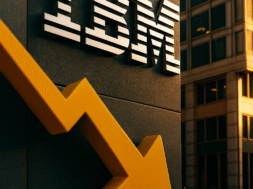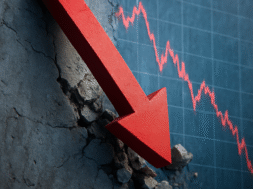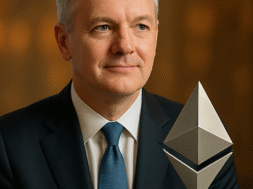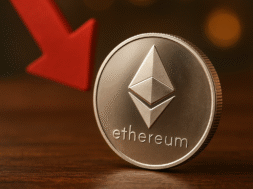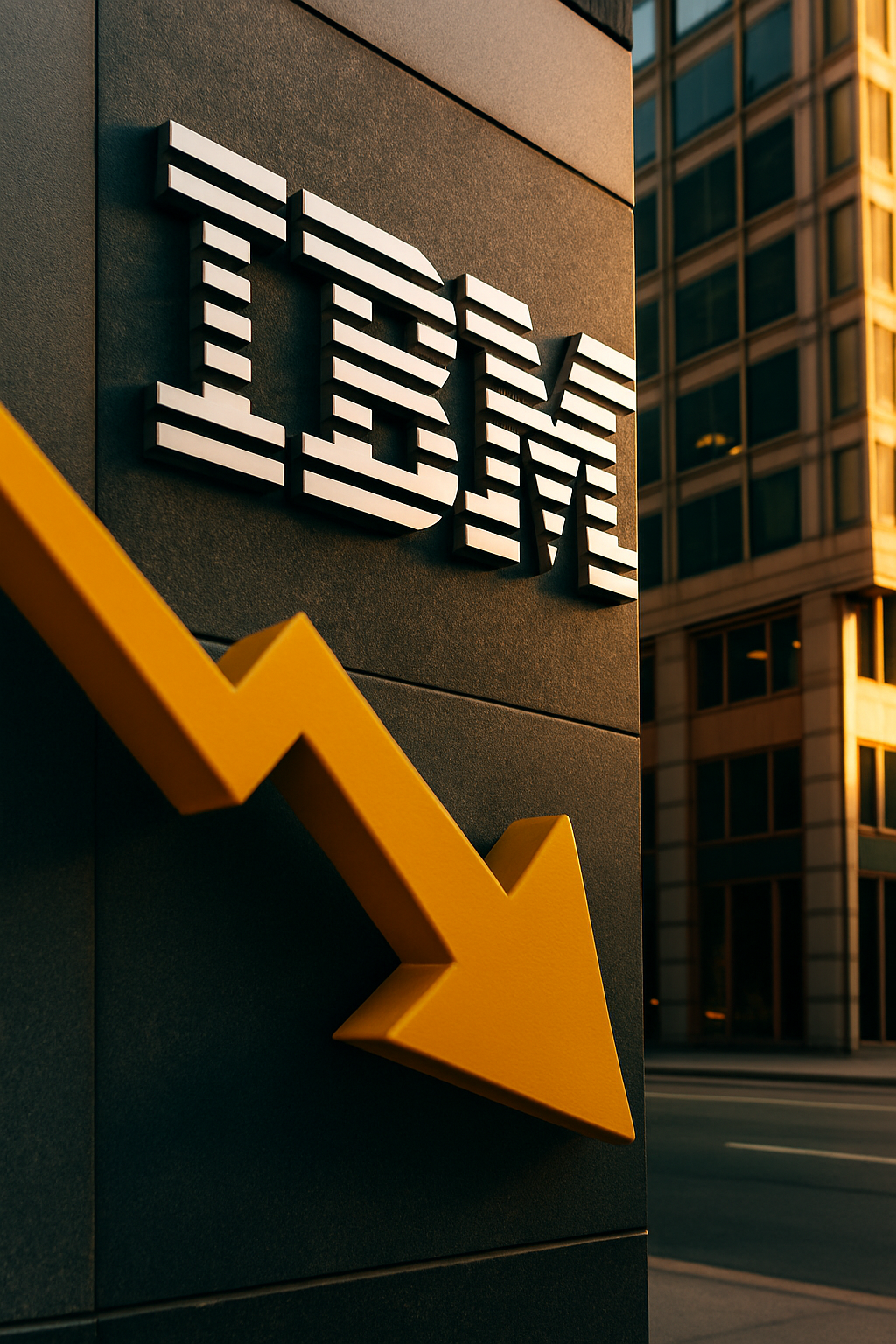
IBM Shares Slide as Software Revenue Falls Short Despite Strong Earnings and Cloud Growth
IBM’s stock dropped by up to 6% in after-hours trading on Wednesday, following the release of its second-quarter earnings report. While the tech giant exceeded analysts’ expectations for both earnings and total revenue, a shortfall in software sales led to investor concern.
The company reported adjusted earnings of $2.80 per share, outperforming the expected $2.64. Revenue reached $16.98 billion, surpassing projections of $16.59 billion, marking an almost 8% year-over-year increase—significantly better than the sub-1% growth recorded in the previous quarter.
CEO Arvind Krishna noted during a call with analysts that while global tensions have made some clients more cautious, it hasn’t been a major factor overall. He also mentioned some constraint in U.S. federal spending but doesn’t foresee long-term effects from it.
Software revenue rose by 10% to $7.39 billion, but narrowly missed the $7.43 billion forecast. Hybrid cloud offerings, including Red Hat, saw a 16% increase. Software margins held steady, coming in at 83.9%.
Krishna explained that clients have shifted some of their spending priorities toward hardware. The infrastructure segment saw a 14% increase, generating $4.14 billion—above analyst expectations. Consulting revenue was also up by nearly 3%, reaching $5.31 billion.
CFO Jim Kavanaugh attributed some of the slower software signings to delayed decision-making and renewals from the prior year.
During the quarter, IBM launched its next-gen z17 mainframe and acquired AI-focused consulting firm Hakkoda. Its generative AI business now stands at $7.5 billion in total value, up from $6 billion in April.
IBM reaffirmed its outlook for more than $13.5 billion in free cash flow for 2025 and remains confident in achieving at least 5% annual revenue growth at constant currency. Krishna also expressed optimism about future mergers and acquisitions, citing an improved regulatory landscape.
As of Wednesday’s market close, IBM shares had risen 28% year-to-date, outperforming the S&P 500, which gained around 8% over the same period.
